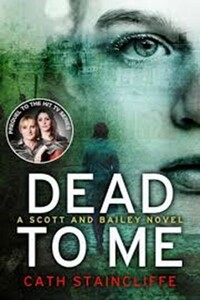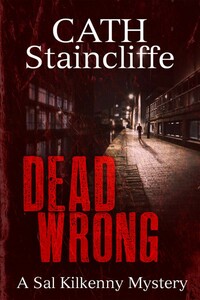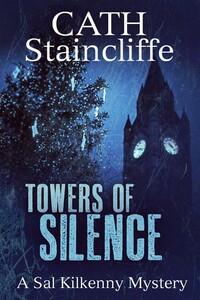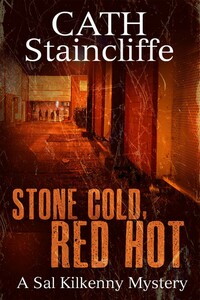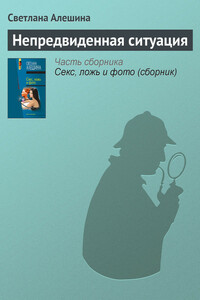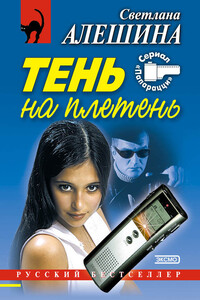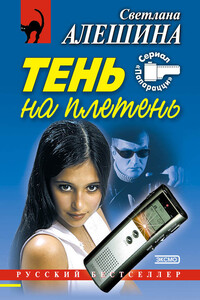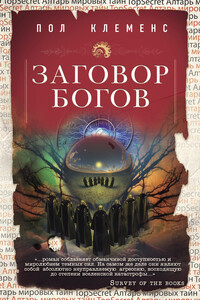Hit and Run | страница 33
‘And yesterday?’ Shap said.
‘Got up late.’
‘After ten?’
‘More like two.’
‘Long sleep.’
‘Clear conscience.’ The man was practically sneering. Butchers felt like decking him. He turned to Gleason; he was a long drink of water, not an ounce of fat on him. ‘And you, Mr Gleason?’
Gleason nodded. ‘Yeah.’
‘Yeah, what?’
Gleason glanced at him, eyelids flickering. ‘I was here, we were both here.’
‘Thing is, someone saw you Tuesday morning. Not long after nine. On the waste ground off Dunham Lane,’ Butchers told him.
‘Can’t have.’ Stone was dismissive.
‘So, you don’t know anything about the theft of a Mercedes or the accident which led to the death of a young girl yesterday?’ Butchers couldn’t disguise his irritation.
‘Oh, yeah. Saw it on the news.’ Stone looked from Butchers to Shap. ‘Tragic,’ he said, his voice laden with sarcasm. ‘Well tragic.’ He gave a slow smile. ‘Hanging’s too good for ‘em.’
Four and a half miles away, at the police station, Janine was finishing a call ordering flowers for the Chinleys. As she replaced the receiver, the phone rang afresh.
‘Janine? Richard. Lee Stone. Guess what he works as?’
‘Interior designer? Hypnotherapist?’
‘Bouncer,’ he told her. ‘At the Topcat Club. Harper reckons he’s good on the door.’
She felt her scalp tighten and a tickling in her wrists. ‘Is he now?’ She ended the call and got straight onto Butchers. ‘You seen Mr Stone?’
‘Just left him, boss. Him and Gleason covering for each other. Stone’s an arrogant prat.’
Janine told him about the connection between Stone and the club. ‘I want you to get back there, bring them in. Time we had a proper chat.’
‘Pleasure,’ she could hear a note of gloating in Butchers’ voice. ‘Just made my morning, boss.’
Chapter Seven
Marta had barely slept, a dull ache in the centre of her, a sick fear about Rosa. It could happen to her… She imagined Rosa’s family receiving the news. Terrible news from the UK. Rosa’s family had been farmers for generations, working the same acreage on the central plains. Raising pigs, growing cabbages and potatoes. If things had been tough under communism they had been even worse in the wrench of change to a free market economy.
‘We tried to sell some land,’ Rosa had told Marta. ‘But no one was interested. My father thought he had a jewel, a crock of gold but it was like trying to sell shit to a bishop. The prices fell so low that it wasn’t worth driving the pigs to market. They cost more to feed than he could sell them for. Yet people were still hungry. ‘People have to eat,’ he used to yell. I almost felt sorry for him.’ Rosa hated her father; she often called him the swine, the pig. He’d been a rough bully who had played the tyrant in his home and had few friends even among the other farmers.
